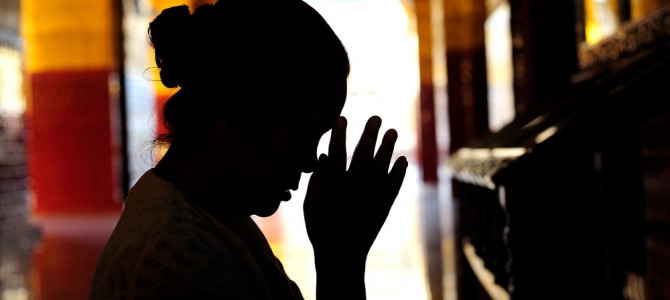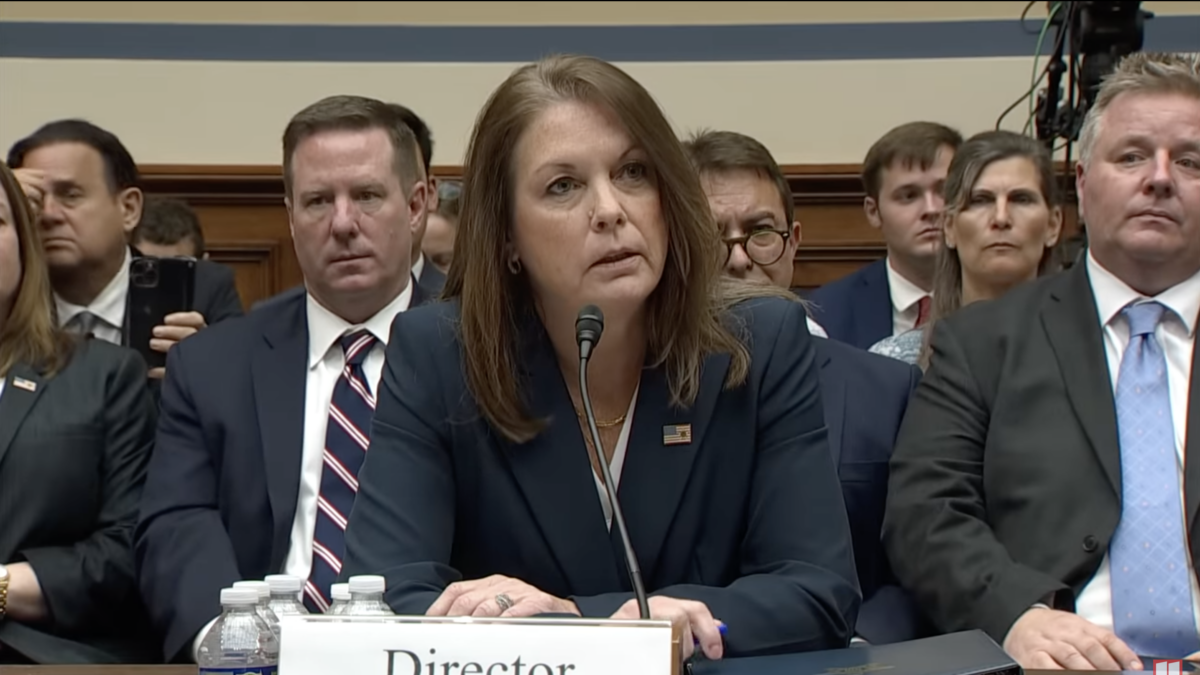
Gov. Mike Pence is a coward. In the face of liberal agitation, the man has bent over backward insisting the Indiana Religious Freedom Restoration Act would not allow for discrimination. “If I were presented a bill that legalized discrimination against any person or group,” he piously proclaimed, “I would veto it.”
Therein lies the problem. Instead of vetoing such a hypothetical law, Pence should embrace it, defending the right of citizens to make private judgments free from regulation. But Pence denies this principle, and in doing so, denies the very foundation of limited government.
He is not alone. For too long, conservatives have accepted the liberal dogma that private discrimination and legal segregation are the same. Foolishness. There is a major difference between a law designed to strip black citizens of their right to assemble peacefully and a baker insisting he won’t serve cakes at a gay wedding. The first is a public regulation that denies a citizen his civil rights. The second is a private act of association outside the realm of government interest.
The Left does not make this distinction. For them, every aspect of life, excluding sex, is a public matter open to State regulation. That view is despotic. Freedom means nothing if the decisions of private life are subsumed by government power.
Public Accommodation Is the Exception to the Rule
That said, defending the right of citizens to make personal choices is not the same as embracing radical individualism. Government should defend liberty beyond simply preventing direct harm. For example, the doctrine of common carriers the American Founders embraced prevents businesses that are necessary to the exercise of civil rights from denying services. Inns on the side of the road, for instance, should not segregate their rooms by race nor deny them outright to potential customers. Doing so would unduly restrain the right to travel.
The exception for public accommodations, however, is just that: An exception to the domain of unregulated private life. Government should defend this private square, not hijack it for political purposes.
Conservatives, however, are largely unwilling to defend the separation of public and private in the face of liberal attack. Caught between trying to defend personal choice and avoiding the false, but ever feared, accusations of reviving Jim Crow, they turn to the terrible argument of “religious liberty.” Government has to respect religious conscience, remember. The First Amendment says so!
Wrong.
This Isn’t About Religious Liberty
If your opinions can trump just law, then why do we have law at all? Worshiping and holding beliefs without government interference is a right. Exercising religious beliefs that contravene just law is not. Instead, doing so is a government-endowed privilege that can be revoked at will.
Defenders of “religious liberty” are thus reduced to begging for special exemptions under an assumption of total State power over all private decisions. They demean themselves to groveling before the Progressive elites for permission to exercise their inalienable right to private association.
A Christian’s refusal to serve a gay couple’s wedding should not have to be justified by sincerely held religious opinion. It should not have to be justified at all. The conservative goal should not be to show why people of faith deserve to follow their consciences, but why laws coercing citizens to participate in contracts that should be voluntary are unjust.
It doesn’t matter that the Left continually lies about the ramifications of Indiana’s RFRA and similar laws, such as those pending in Washington DC and North Carolina. This is not a question about convoluted Supreme Court definitions of “strict scrutiny” and “burden,” or even religious practices. This is a debate between opposite understandings of justice.
If the liberal view prevails, republican government cannot survive. The task facing conservatives is to meet this challenge head on, grounded in principle and the moral foundations of free government. This is not the time for baby steps, nor is it the time for surrender. This debate calls for the kind of moral courage and defense of principle that Pence sorely lacks. Thankfully, the future of civil society is not in his hands. It is in ours.
Therefore, let us abandon our defense of “religious liberty” with its miasma of servility. Liberty, unqualified, is enough.









